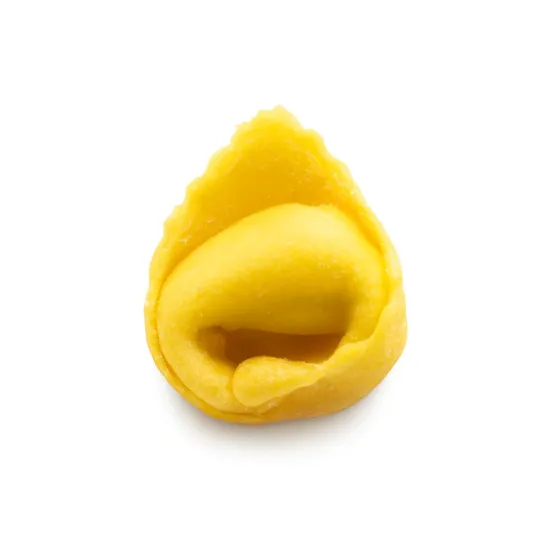 To be
To be
Lesson ten


Lesson nine
Personal pronouns, also called subject pronouns, are words that indicate who is performing the action in a sentence. In Italian, those pronouns are essential because they help clarify meaning and ensure proper verb agreement. Here’s a complete list of the standard Italian subject pronouns:
| Italian | English |
|---|---|
| io | I |
| tu | you (informal, singular) |
| lui | he |
| lei | she |
| noi | we |
| voi | you (plural) |
| loro | they |
Italian distinguishes between singular and plural forms of you, which is different from English. This distinction is important for both grammar and social context. Here's how to use tu and voi:
Tu (you singular, informal) is used when speaking to one person, while Voi(you plural) is used when addressing a group of people, regardless of formality.
Example:
Tu parli italiano?
Do you speak Italian? (singular, informal)
Voi parlate italiano?
Do you all speak Italian? (plural)
Unlike English, Italian often omits subject pronouns because the verb endings already indicate the subject. This makes sentences shorter and more natural in conversation.
Io parlo italiano.
I speak Italian.
Parlo italiano.
I speak Italian. (pronoun omitted, more common)
Tu leggi un libro.
You read a book.
Leggi un libro.
You read a book. (more natural)
Italian does not have a direct equivalent for the English pronoun it. Instead, the verb itself conveys the meaning, and context makes it clear. This applies especially to weather, time, and general statements.
Piove.
It’s raining.
Fa caldo fuori.
It’s hot outside.
È tardi.
It’s late.
Italian has a formal you, written as Lei (often written with a capital L to distinguish from lei = she). Use Lei in professional, formal, or respectful contexts, such as talking to strangers, bosses, or elders. Reserve tu for casual interactions with friends and family.
Tu sei stanco, Paolo?
Are you tired, Paolo? (informal)
Lei è stanco, signor Rossi?
Are you tired, Mr. Rossi? (formal)
Older pronouns like egli and ella may appear in literature, historical texts, or period films, but they are rarely used in modern Italian. Similarly, esso and essa (masculine and feminine it) are almost obsolete.
| Pronoun | Meaning | Notes |
|---|---|---|
| egli | he | literary, replaced by lui |
| ella | she | literary, replaced by lei |
| esso | it (masculine) | very rare |
| essa | it (feminine) | very rare |
| essi | they (masculine) | literary |
| esse | they (feminine) | literary |
Historically, voi was sometimes used as a singular formal you, similar to vous in French. Today, this usage is considered archaic and is mainly found in older literature or films. Modern Italian prefers Lei for formal singular address.
Italian subject pronouns identify who performs an action, but they are often omitted because verb endings already show the subject. The core pronouns are io, tu, lui, lei, noi, voi, and loro. Italian distinguishes between singular and plural forms of you, using tu for informal singular and voi for plural, while Lei serves as the formal singular you in respectful contexts. Unlike English, Italian has no direct equivalent of the pronoun it, relying instead on verb forms and context. Older pronouns such as egli, ella, and esso still appear in literature but are rarely used in modern speech. Understanding when pronouns are used, or omitted, is essential for speaking Italian naturally and correctly.
 To be
To be
Lesson ten
 To have
To have
Lesson eleven
 There is/there are
There is/there are
Lesson twelve
 Present tense
Present tense
Lesson thirteen
 Modal verbs
Modal verbs
Lesson fourteen
 Prepositions
Prepositions
Lesson fiveteen